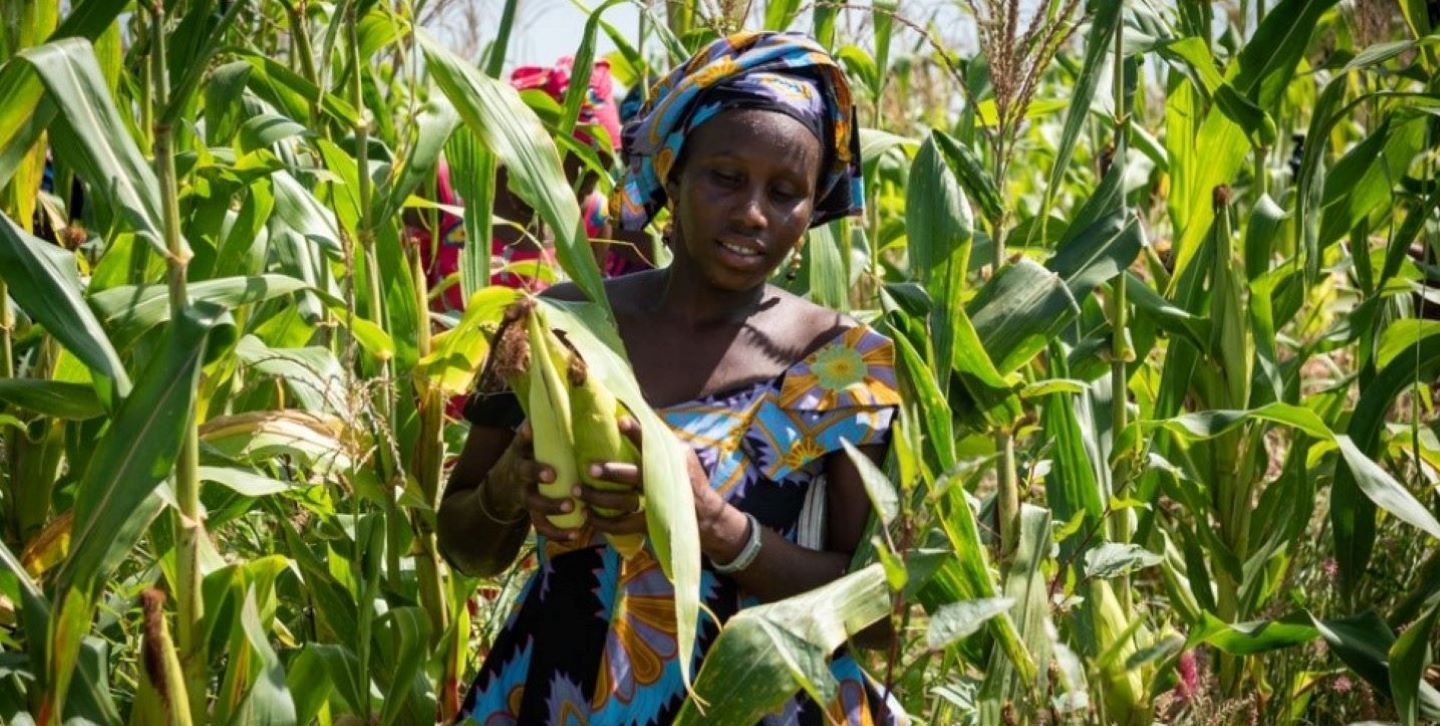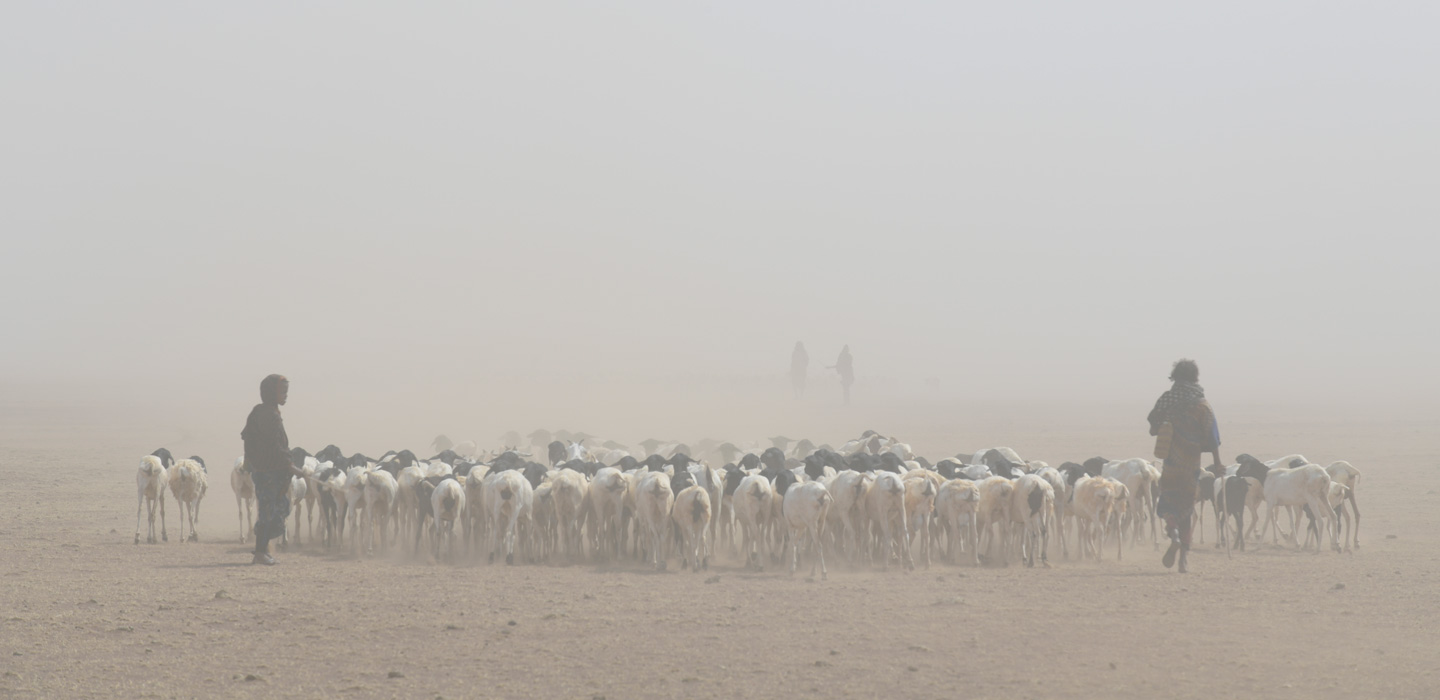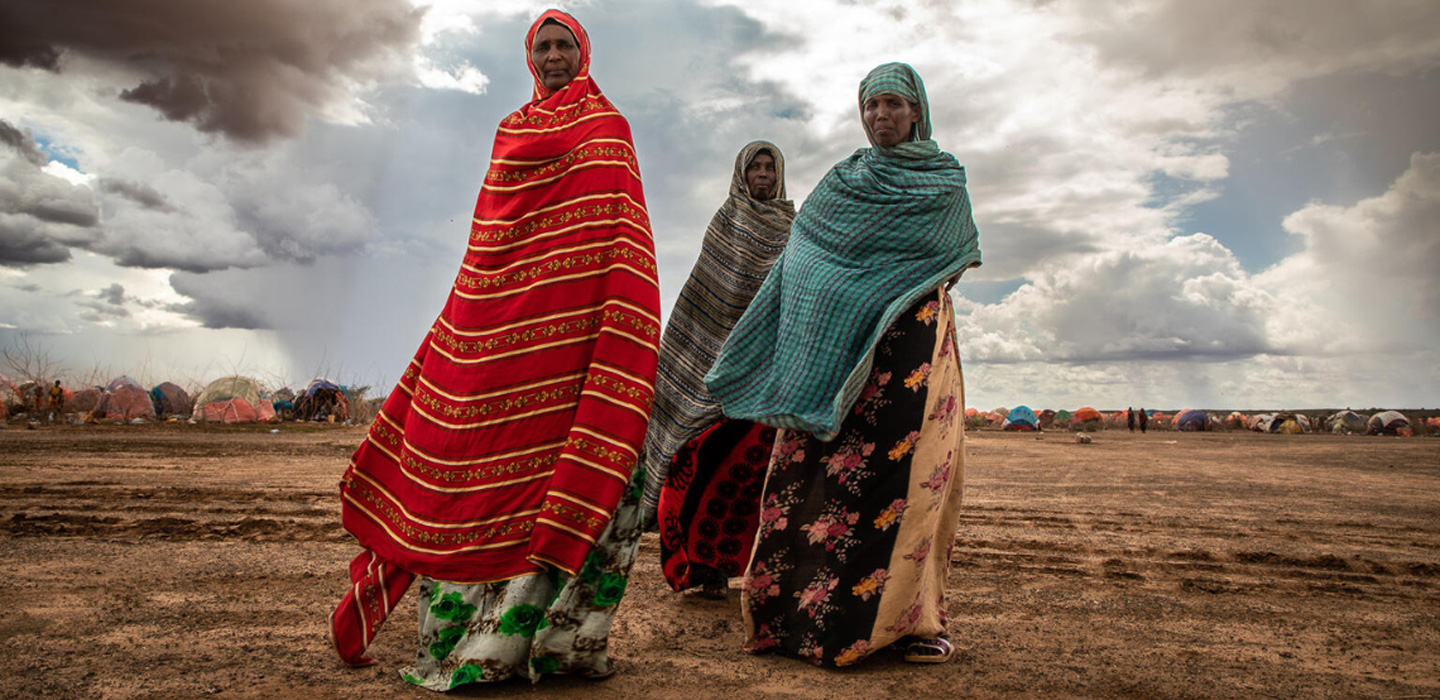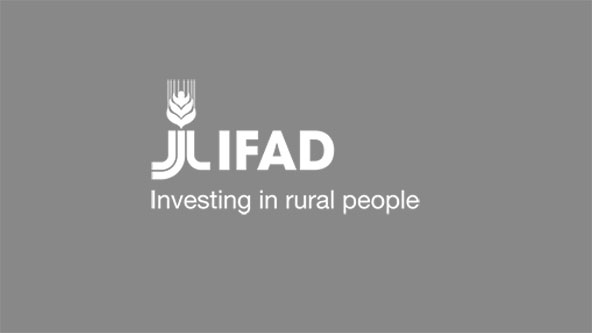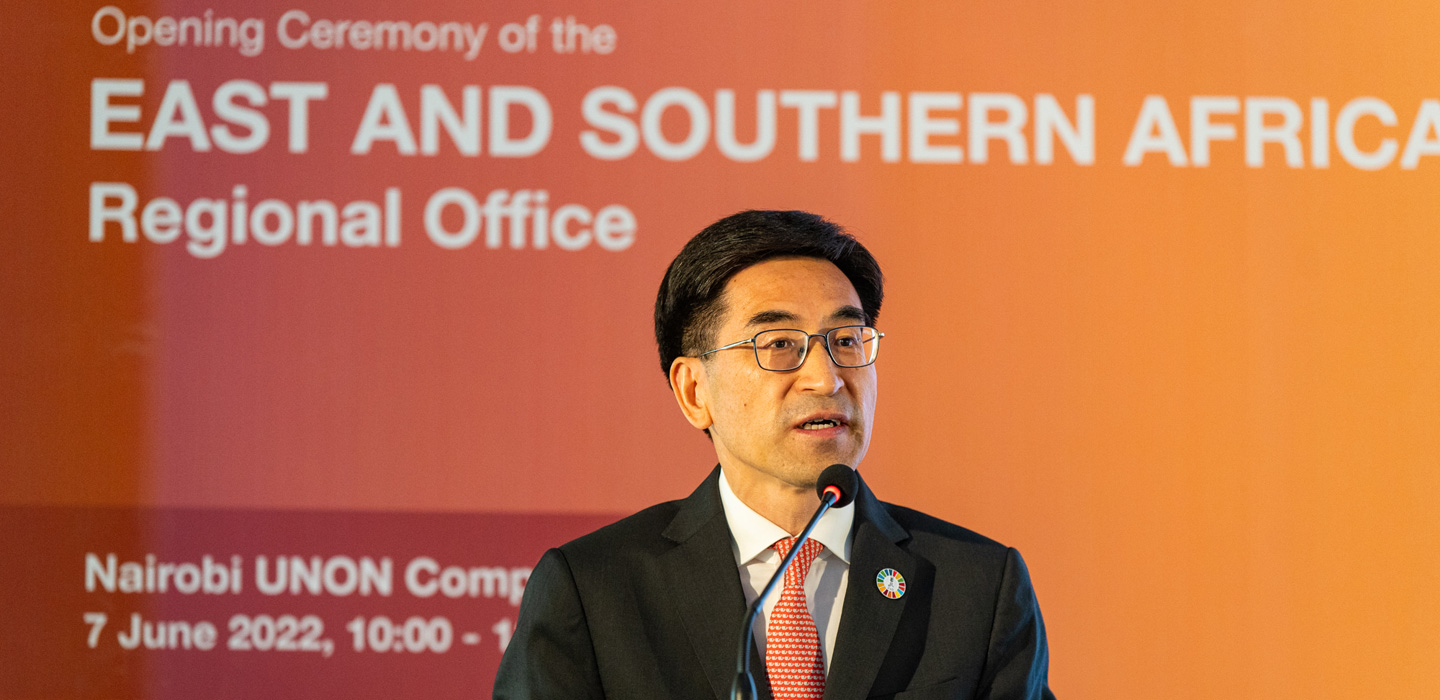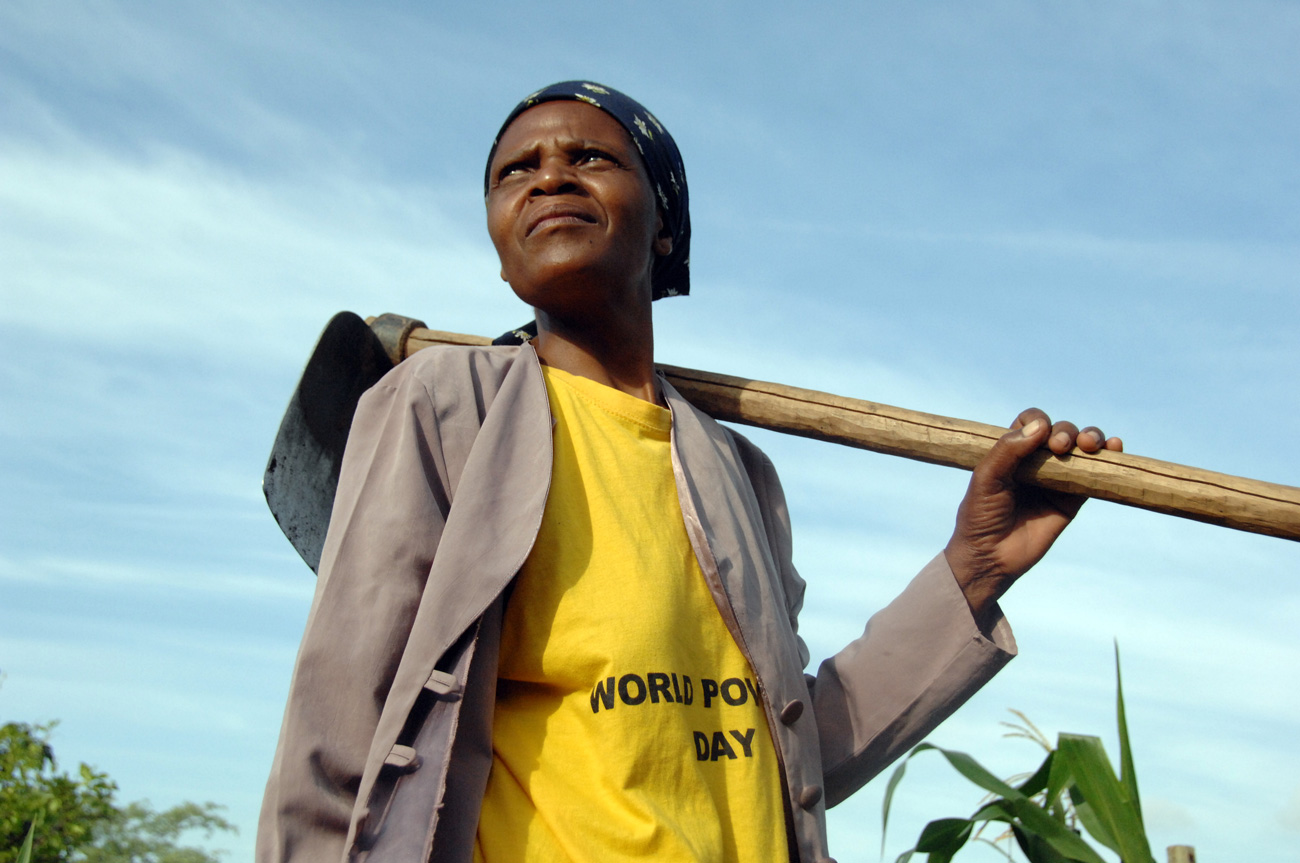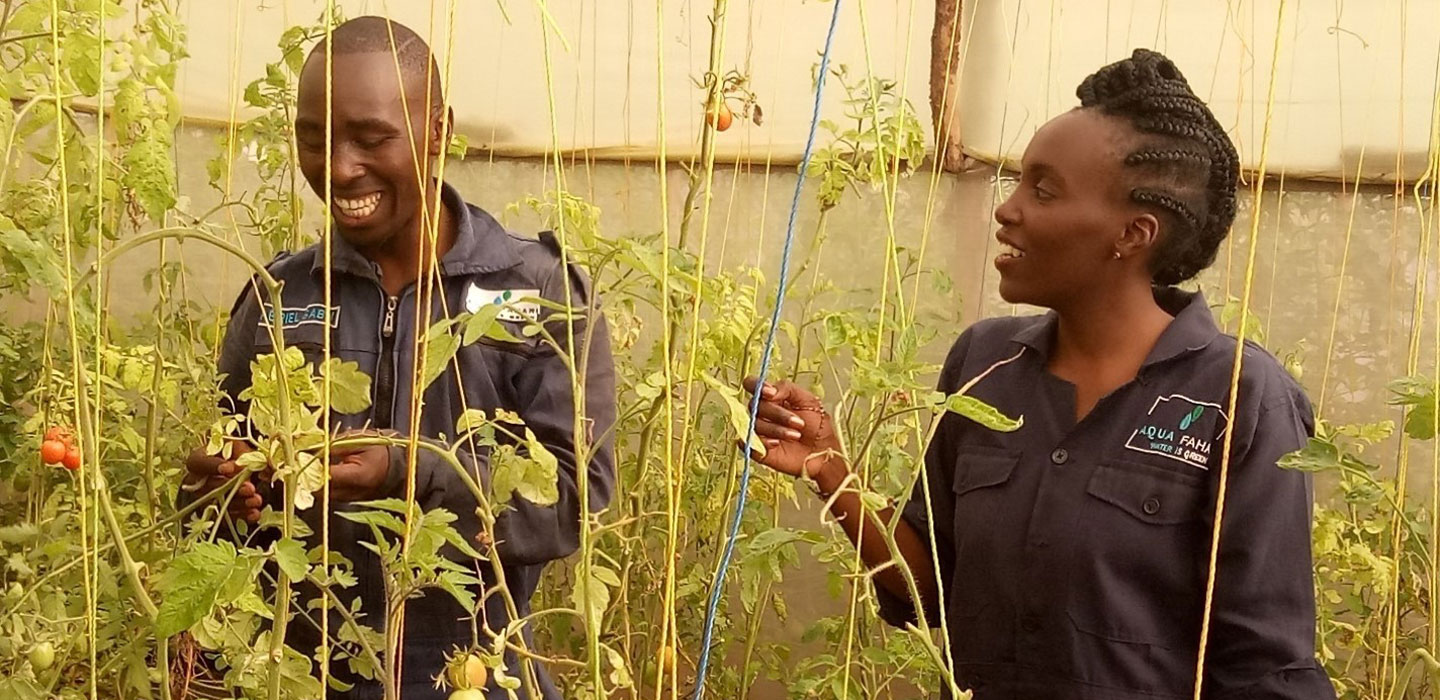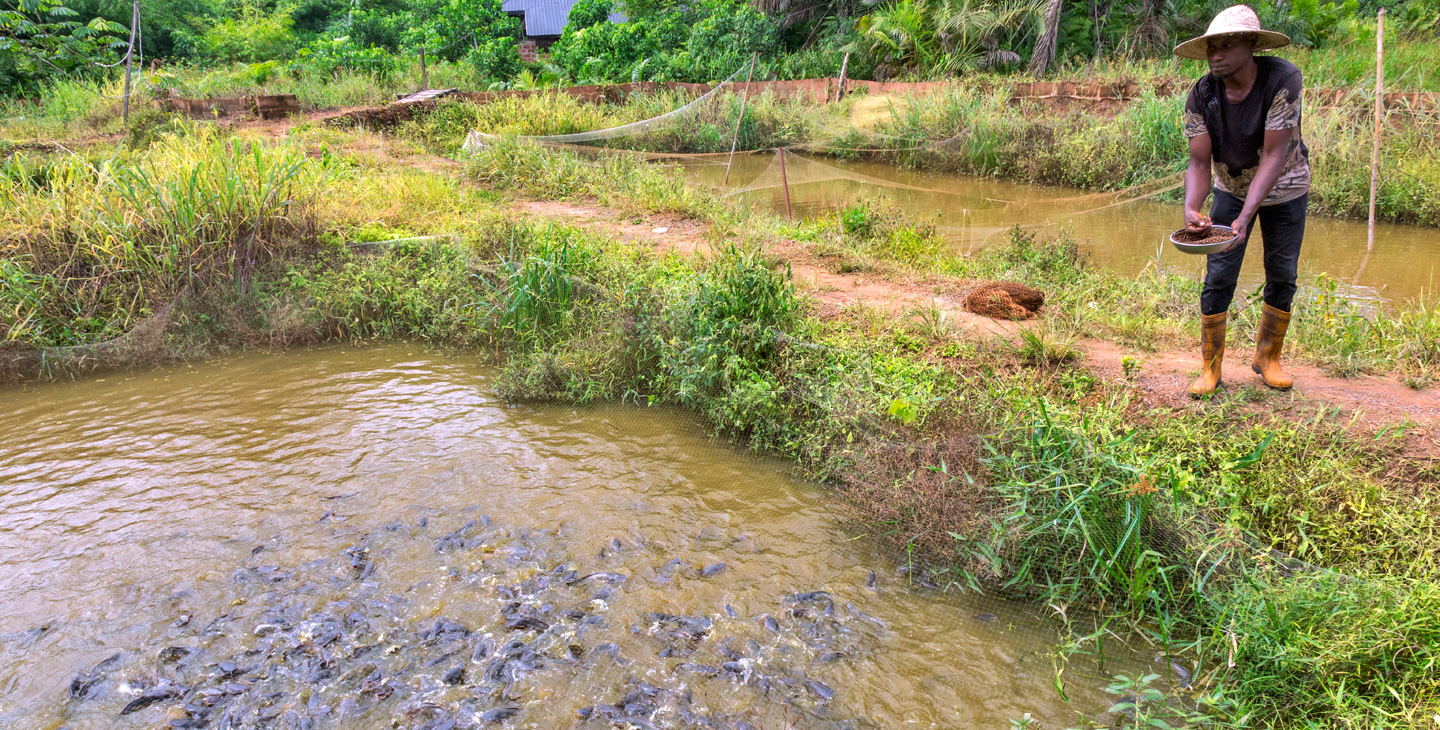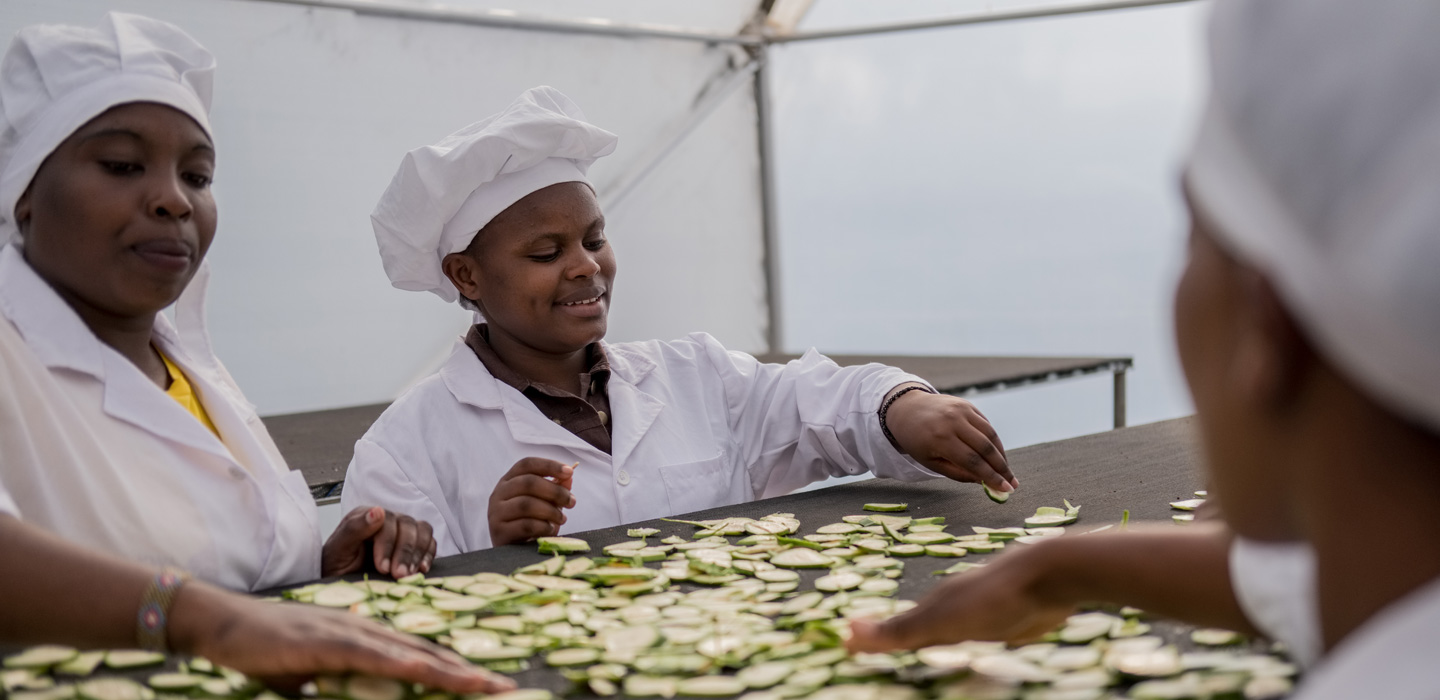Latest
Latest

Latest
Manual Submenu Topics
SearchResultsFilters
Search Results
It’s time to transform African agriculture. These numbers show why
African agriculture is at a crucial juncture. It has enormous potential to not only feed Africa, but also the world. Yet, global conditions are holding small-scale African farmers back. Five numbers show how transforming African agriculture can make a big difference.
East Africa is experiencing its worst drought in decades. It’s time to invest in climate adaptation
East Africa is experiencing one of the worst droughts in decades, with millions facing food insecurity as crops fail, livestock die and water sources dry up. Read how IFAD is building resilience to climate change and what else needs to be done.
Designing projects from the ground up: Insights and lessons from Ethiopia
At IFAD, we take a community-driven, bottom-up approach to project design. This creates a sense of ownership for rural communities and governments alike. A recent example from Ethiopia shows how government and communities came together to design investments in building resilience.
Launch of the first Mobileremit Africa Report for financial and digital inclusion
The MobileRemit Africa Report provides a framework to help countries identify data gaps, measure how enabling their policies are and the operating market environment for mobile-enabled remittances.
IFAD opens regional office to better serve the small-scale farmers in East and Southern Africa
IFAD today officially opened its East and Southern Africa regional office to help the institution meet its goal of reducing hunger and poverty.
As COP15 tackles desertification, here are three ways IFAD is helping farmers in sub-Saharan Africa build their resilience to climate change
Sub-Saharan Africa’s drylands – that is, the areas where more water is lost through evaporation than gained through rainfall – are facing widespread degradation. There are many factors causing this, but one of the most prominent is the use of agricultural practices that aren’t adapted to the land, such as overgrazing and intensive agriculture.
Lending a hand – and finance – to young agricultural entrepreneurs in East Africa
We know a thing or two about connecting youth with the financial services they need to start a business – but there’s always more to learn. Here, we reflect on some of our “lessons learned” as part of a recent grant programme in East Africa.
Norway commits funds to IFAD to lift aquaculture communities out of poverty and lower malnutrition in Kenya, Mozambique and Tanzania
As more people spiral into hunger and poverty due to pandemic restrictions, climate change and conflicts, the Norwegian Agency of Development Cooperation (NORAD) has committed NOK 45 million (US$5 million) to increase the incomes and build the resilience of small aquaculture farmers in Kenya, Mozambique and Tanzania, IFAD announced today.
IFAD to increase investment and presence in transforming food systems in East and Southern Africa
The IFAD regional team held its annual East and Southern Africa Business Planning meeting to outline a vision for the next three years, under the IFAD 12 replenishment cycle. With less than 10 years to achieve the Sustainable Development Goals (SDGs), and the region’s small-scale farmers and rural people suffering the effects of the pandemic, climate change impacts, locust infestation and other crises, it is essential to plan bold actions to preserve and advance development gains.
